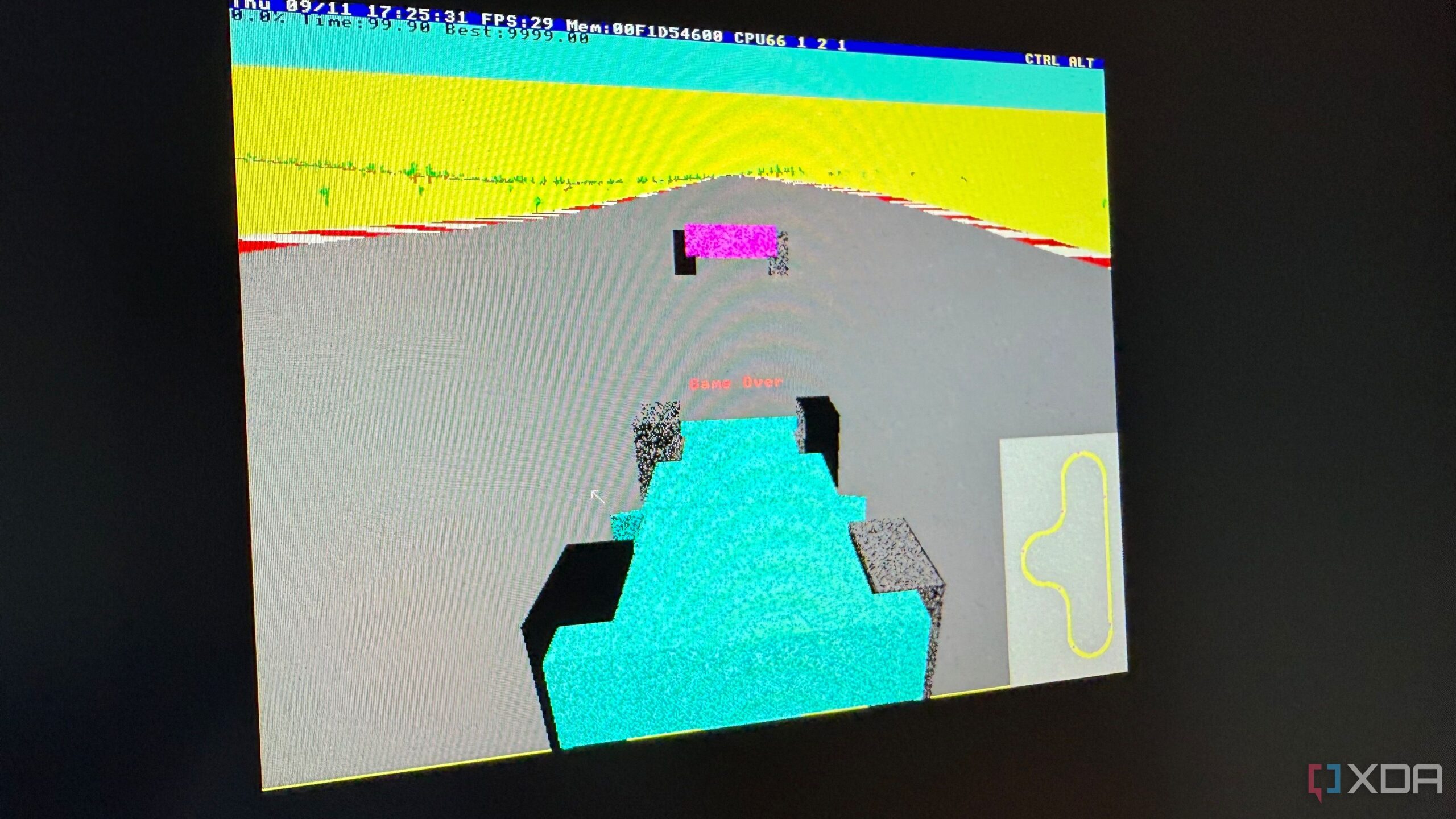UPDATE: The unique operating system TempleOS, developed by the late Terry A. Davis, is capturing attention again as users explore its intriguing features. Originally launched in 2013, TempleOS stands out as a 64-bit open-source operating system, blending simplicity with an extraordinary vision rooted in Davis’s personal beliefs.
JUST IN: This unconventional software is not just a technical project; it serves as a testament to Davis’s troubled genius, who battled schizophrenia and claimed divine inspiration for his work. It has garnered a cult following, with vibrant communities on platforms like Discord and Reddit, where enthusiasts share their experiences and insights.
TempleOS is characterized by its under 100,000 lines of code, making it remarkably compact yet powerful. Users note its non-networked, ring-0 only architecture, which provides a unique environment devoid of external distractions. It also features its own programming language, HolyC, derived from C, allowing users to directly interact with the system’s inner workings.
Today, many are experimenting with TempleOS on modern hardware, like the ASUS Zenbook Duo and high-performance workstations. Users report mixed experiences, often opting for virtualization to better navigate its quirks. Upon booting, users are greeted with installation options that reflect Terry’s own challenges in running the OS on contemporary devices.
The allure of TempleOS lies not only in its technical aspects but also in its creative offerings. The operating system includes a Test Suite showcasing a variety of demos—from 2D games to 3D experiences—that provide a glimpse into the possibilities within TempleOS. However, users have noted that the OS can become unstable, with instances of freezing and crashing during demonstrations.
Despite its impracticalities, TempleOS remains a playground for programmers and tech enthusiasts. It offers tools for budgeting, vocabulary quizzes, logic exercises, and even a piano for composing music, all controlled via the keyboard. For many, it represents an opportunity to dive into programming without the overhead of modern operating systems.
As TempleOS continues to gain traction, its legacy is cemented in the programming world, inspiring new generations of developers to explore the depths of coding and operating systems. With its public domain status, anyone can download and tinker with TempleOS, fostering creativity and innovation among budding programmers.
WHAT’S NEXT: The growing interest in TempleOS suggests a potential resurgence of discussions around unconventional software solutions. As users dive deeper into its functionalities, the impact of Terry A. Davis’s work remains a compelling narrative in the tech community. Tech enthusiasts are encouraged to share their experiences and discoveries, further fueling the ongoing fascination with this extraordinary operating system.
